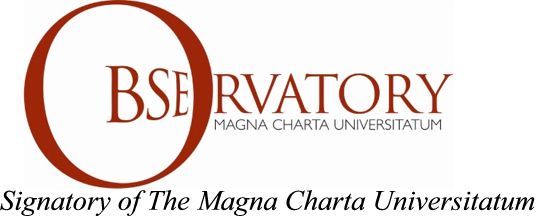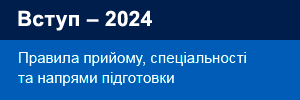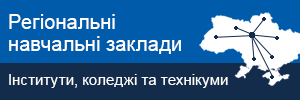First insights and overview into the Ukrainian DS – water sampling of the Dnipro River Basin in Ukraine
First insights and overview into the Ukrainian DS – water sampling of the Dnipro River Basin in Ukraine
3 грудня 2024 року
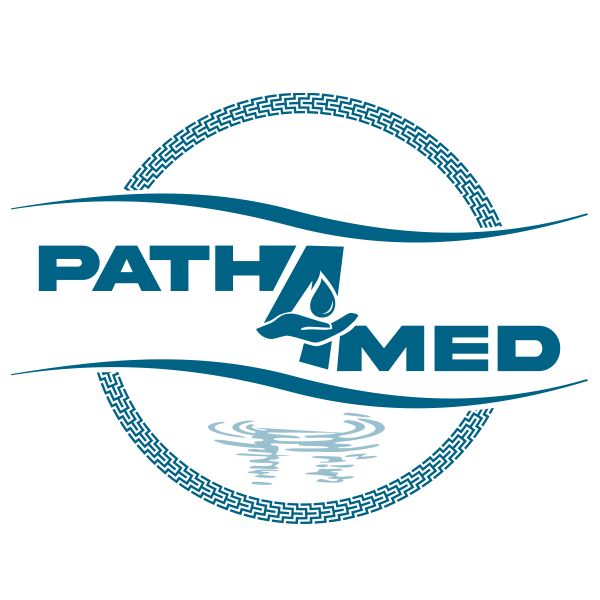 The National University of Life and Environmental Sciences of Ukraine (NUBiP of Ukraine) is one of the partners of the Path4Med Horizon European project “Demonstrating Innovative Pathways Addressing Water and Soil Pollution in the Mediterranean Agro-Hydro-System”, and it is a leader of Demonstration site 3 (Ukraine) “Future pathways for zero pollution in the Dnipro Basin under emerging challenges and threats”. The NUBiP team has strong communication with local farms and policymakers that contribute to the evaluation results of the Ukrainian Demonstration Site. Also, the NUBiP of Ukraine is one of Ukraine's leading institutions of education, science, and culture that enhances its knowledge excellence and strengthens its portfolio in the field of climate resilience research to develop inter-disciplinary research programs to increase the capacities of research teams and critical mass in this area.
The National University of Life and Environmental Sciences of Ukraine (NUBiP of Ukraine) is one of the partners of the Path4Med Horizon European project “Demonstrating Innovative Pathways Addressing Water and Soil Pollution in the Mediterranean Agro-Hydro-System”, and it is a leader of Demonstration site 3 (Ukraine) “Future pathways for zero pollution in the Dnipro Basin under emerging challenges and threats”. The NUBiP team has strong communication with local farms and policymakers that contribute to the evaluation results of the Ukrainian Demonstration Site. Also, the NUBiP of Ukraine is one of Ukraine's leading institutions of education, science, and culture that enhances its knowledge excellence and strengthens its portfolio in the field of climate resilience research to develop inter-disciplinary research programs to increase the capacities of research teams and critical mass in this area.The NUBiP team's main input in the Path4Med project is to test and generate novel insights for zero pollution in Ukraine under climate change in the post-war recovery in Ukraine's Dnipro River Basin areas. Demonstration Site in Ukraine (Future pathways for zero pollution in the Dnipro Basin under emerging challenges and threats) provides educational opportunities for local farmers, community members, and policymakers to witness and learn about sustainable practices. The Ukrainian site includes three main cases:
(1) cost-benefit analyses: to evaluate the economic cost and benefits of different strategies to address water scarcity at the farm scale, this case contributes to WP 2 (inputs to the project solutions and practices overview that are based on Nature-Based Solution approaches);
(2) water monitoring tools and soil assessments under climate change in the post-war recovery at the sub-catchment scale (Dnipro River Basin) focusing on identifying indicators of water and soil pollutants, agricultural influences, and needs of agricultural users (Fig. 1); this case contributes to WP 3 (climate and water monitoring datasets), WP 4 (optimize soil and water management);
(3) water modeling: to investigate the modeling pathways for zero pollution (based on Green Deal Targets on nutrient reduction) under climate change in the post-war recovery in the Dnipro River, this case to contribute WP 4 (Integrated modeling on different scales with solutions) and WP 6 (integrated multi-scale agroecosystem modeling).

Figure 1. Ukraine and its water and soil sampling locations in Parth4Med.
According to the project schedule, the NUBiP team is currently working on integrating datasets of agricultural activities in Ukraine, mapping stakeholders, and identifying environmental issues that influence agricultural benefits (case 1). Meanwhile, the team is conducting water samplings (Fig. 2) and collecting datasets of historical meteorological data (case 2).
The Ukrainian demonstration site covers water sampling over four seasons and includes eight water locations covering the Dnipro River Basin (Desna Subbasin and Middle Dnipro Subbasin in the Dnipro River, Fig. 2). Each location includes three sampling sites, for a total of 24 sampling sites each season. We measure water quality for 17 parameters such as nutrients, chemical pollution, and pesticides. According to this, the Ukrainian team took the samplings on 2-4 August and 18-20 October 2024.
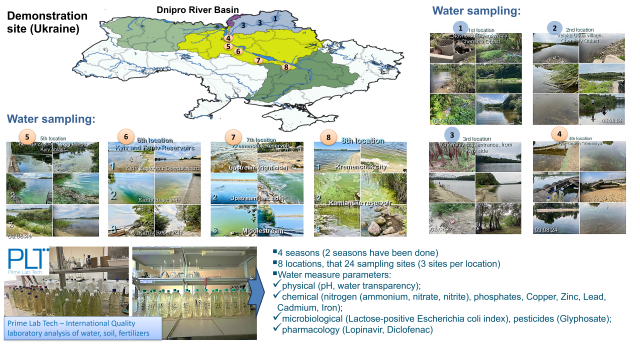
Figure 2. Water sampling locations in Parth4Med.
We are looking forward to providing new insights on the sampling and modeling experiences in Ukrainian DS.
Oleksandr Labenko and Vita Strokal,
Coordinators of the Ukrainian part of the project



